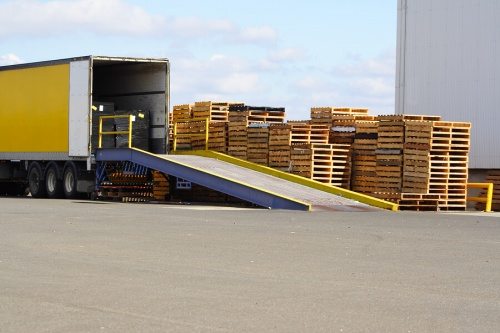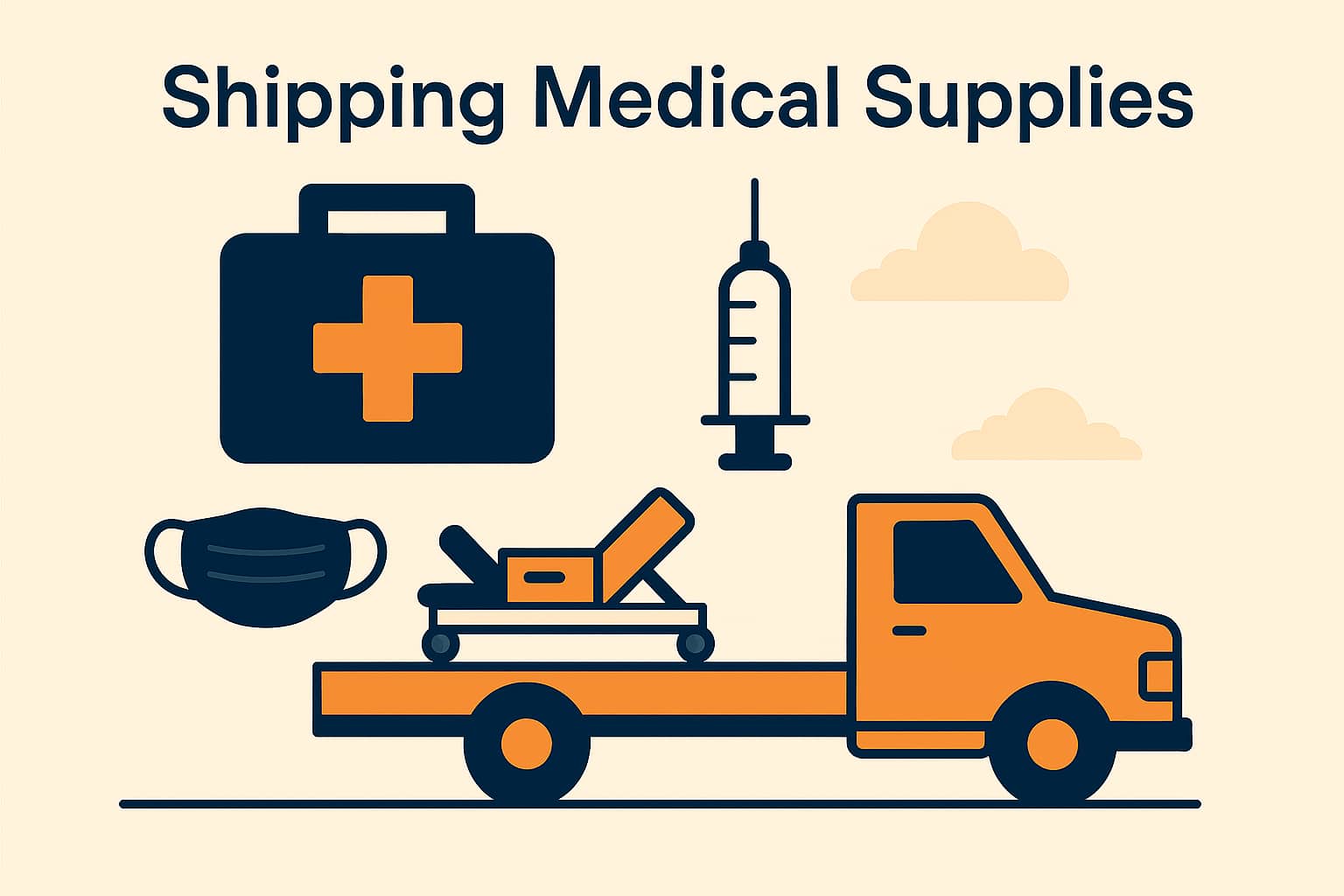Reducing LTL freight costs is possible when shippers follow best practices that improve efficiency and strengthen relationships with carriers. These strategies not only help you save money but also make your business more attractive to LTL providers, especially when capacity is tight.
Report Accurate Shipment Weight
One of the most effective ways to lower LTL shipping rates is by reporting accurate shipment weight. Carriers re-weigh nearly 80% of LTL shipments due to incorrect weight declarations. This process wastes time and increases costs. When you consistently provide precise weight data, carriers operate more efficiently and may offer better rates in return.
Ensure Bill of Lading Accuracy Your Heading Text Here
Your Bill of Lading (BOL) must list every item correctly. Carriers are reviewing more BOLs due to revenue loss from inaccuracies. Frequent underreporting can hurt your reputation and affect future rate negotiations. Accuracy here impacts rates, delivery times, and service quality.
Avoid Costly Accessorial Charges
Accessorial fees—like liftgate service, residential delivery, or appointment scheduling—can quickly add up. LTL carriers prefer working with shippers who minimize special requests. Fewer accessorials mean lower costs and better carrier relationships.
Package Shipments Properly
Improper packaging leads to damage, delays, and penalties. LTL carriers incur extra costs when handling poorly packed freight. Proper packaging not only protects your goods but also improves your standing with carriers.
Build Strong Freight Broker Relationships
Freight brokers value shippers who provide accurate information and respect the shipping process. These relationships can lead to better rates, priority service, and smoother operations.





